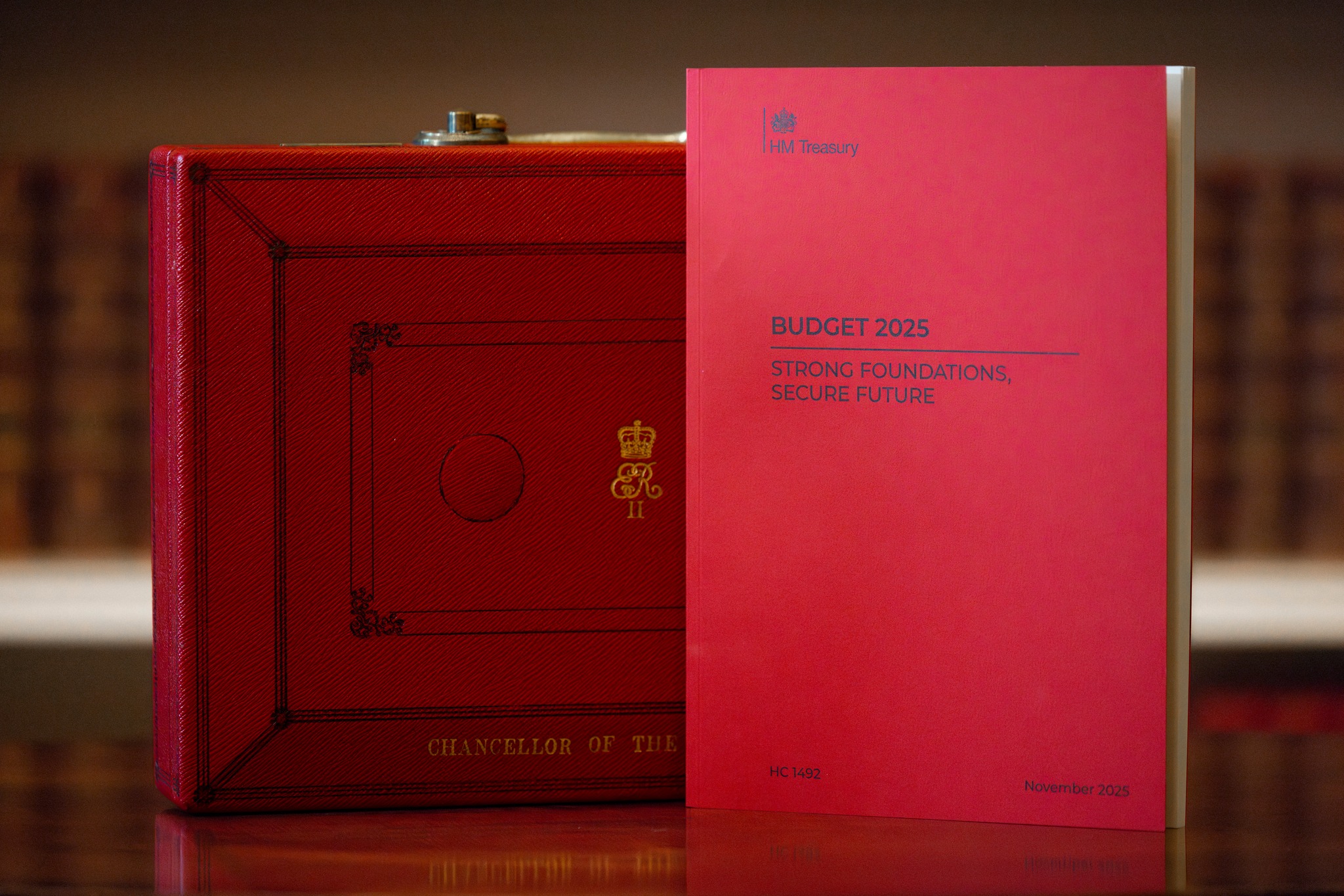No matter how you look at it, every industry will be concerned with the impacts of Brexit. The UK leaving the European Union will have consequences far and wide. Consequently, the British farming sector will undoubtedly be affected in turn.Farmers in the UK enjoy a number of benefits as a result of the UK being part of the EU. However, if Brexit is confirmed in a ‘No Deal’ situation, serious change will be seen in the agricultural sector.Added to the evolving habits of consumers, advancement of technology and climate change, 2019 certainly looks set to be an interesting year for British farmers.But it’s not just the next 12 months that the farming sector needs to prepare for. The long term future of the UK as a whole is seeing a rising population. This means more mouths to feed, and an increase in the elderly population.
The Impact of Britain leaving the EU
As of January 2019, the UK is set to leave the European Union with no deal in place. That being said, even if a smooth transition does occur, it is likely to spell bad news for British farmers.The EU introduced the European Common Agricultural Policy when the organisation was in its early stages of homogenising the law on the continent. The legislation was put in place to help European farmers produce more food and protect them from being undercut by food producers outside of the Union.Huge subsidies were paid to farmers from tax taken from European citizens, to ensure a healthy food production industry.Other elements of the agricultural and environmental policy from Brussels meant that farmers who left land uncultivated on their property to ‘go wild’, ensuring wildlife had space to thrive, would also receive subsidies and a guaranteed amount of money for every acre.Therefore, if the UK leaves the EU in 2019, it's likely the money given to British Farmers will be pulled.If this does happen, UK farmers will need to find innovative ways to diversify the land that they have. This is a must, should they wish to monetise it effectively.
Consumer Demand
As has been reported in the media, the rate of people taking up vegetarian and vegan diets is increasing significantly. This is cumulatively due to the health, economic, and environmental impact of giving up meat is being realised.As more and more people turn away from meat, pastoral farmers may see a decrease in sales from 2019. This may force them to turn to arable methods in order to maintain profits.
Climate Change
In 2018, the UK went through two extreme weather events, ‘The Beast from the East’, and the summer heatwave which brought around significant challenges for British farming.Images of dry, dead fields flashed across news channels as talk of food shortages and climate change impact rose. This came alongside the warning from the UN that the entire human race had 12 years to clean up its act or face catastrophe.Once more, 2018 was the warmest on record, meaning that the trend is more than likely to continue in 2019. This is something that British farming will need to be prepared for.Though climate change is failing to get as much attention as Brexit, it is the defining issue of the 21st century and one which will have a much bigger impact than any amount of subsidies ever will.
FAQs

Can we help your business?
Book a free consultation with our expert R&D funding advisors today. We specialise in helping innovative businesses like yours unlock millions in government funding, specifically allocated to fuel your innovation. Let us help your business access the support it deserves.









.svg)


